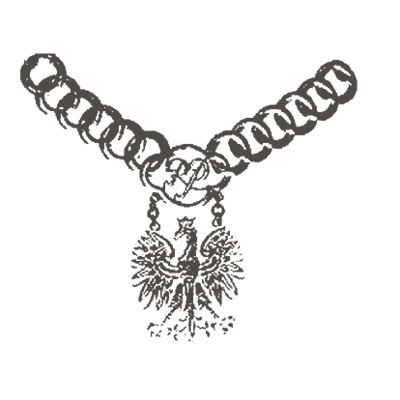Judges in their own case?
It has been a year since I wrote about the practical consequences of the constitutional crisis in Poland. Then I discussed the Constitutional Tribunal judgment of 8 May 2024 (case no. SK 59/21), which held that the inability to challenge an order denying relief from paying court costs (fee on appeal) issued for the first time by the appellate court is unconstitutional. To this day, that judgment has yet to be published, and it appears that the holding is not being respected—likewise for the judgment of 4 June 2024 (case no. SK 140/20) on the calculation of pensions for some 200,000 people who elected to take early retirement.

Practical aspects of the constitutional crisis in Poland
The dispute over the Polish Constitutional Tribunal is ongoing and escalating. Even suggesting that the Constitutional Tribunal still exists and functions in Poland is risky, as it can be seen as taking sides in the dispute. The tribunal has recently dealt with politically charged cases, but a ruling handed down on 8 May 2024 was apolitical and resolved a nagging issue that had been on the tribunal’s docket for years.

Constitutional hostile takeover?
Can the outgoing government’s “digging in” at state institutions be compared to the actions of a company’s management board abusing their powers, in their own interest, to keep the shareholders from transferring control of the company to a new investor? And if so, does the Polish Constitution ban such actions by holders of public authority, just as private law bans such actions by the management board (or anyone else acting in a fiduciary capacity)?

Our unwritten constitution
A fundamental problem in any democracy is how to prevent the tyranny of the majority—when a political force gains enough public support and power to enable it to trample on the fundamental rights of its opponents (and ultimately its own supporters).

Neither fountainhead of justice nor good Samaritan
The rulings of the Polish Constitutional Tribunal likening the President’s pardon power to a royal whim are wrong. In former monarchies, the king was deemed the “fountainhead of justice,” and thus could be said to have unbridled licence to interfere in its administration. In a modern state, the President does not play such a role, and in a democracy sources of justice are sought elsewhere. Therefore, the President’s pardon power cannot be understood so anachronistically.

The Polish North and South
During the American Civil War, the leaders of the Confederacy rejected the US Constitution and the legitimate authority of the United States, and for four years exercised their own dominion over the South. When the rebellion was finally put down, US courts had to recognise that under the US Constitution and the Union’s understanding of it, the rebellion was illegal and the rebel leaders had no legal basis for participating in it. Using the terminology fashionable in Poland today, we could call these persons “neo-officials.”
